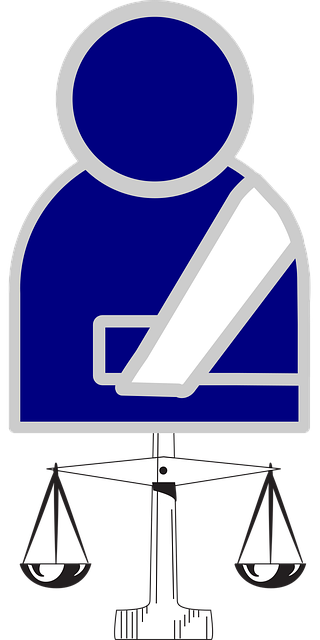Whistleblower Protection Lawsuits drive Antitrust Enforcement Trends in Digital Markets by exposing illegal practices, promoting corporate accountability, and inspiring reforms that enhance market integrity, consumer protection, and fair business practices, ultimately reshaping the digital landscape. These lawsuits are vital for uncovering misconduct in dynamic sectors like tech, with strategic legal strategies navigating complex competition and consumer protection laws to secure favorable outcomes for whistleblowers.
Whistleblower Protection Lawsuits are gaining prominence as digital markets evolve, highlighting the growing importance of antitrust enforcement. As businesses expand into vast online landscapes, revealing illegal practices becomes more complex. This article delves into the intricacies of whistleblower protection lawsuits within the context of antitrust enforcement trends in digital markets. We explore legal strategies for whistleblowers, offering insights into navigating this intricate space to foster fair competition and protect consumers.
- Understanding Whistleblower Protection Lawsuites
- Antitrust Enforcement: Digital Market Trends
- Navigating Legal Strategies for Whistleblowers
Understanding Whistleblower Protection Lawsuites
Whistleblower Protection Lawsuits play a pivotal role in safeguarding individuals who expose illegal or unethical activities within their organizations. These lawsuits are designed to protect whistleblowers from retaliation, ensuring they can come forward with confidence. In the context of antitrust enforcement trends in digital markets, whistleblower actions have emerged as a powerful tool for promoting competition and preventing anti-competitive practices. By incentivizing employees to report violations, these laws foster a culture of accountability within corporations.
The impact extends beyond legal repercussions; it resonates deeply within philanthropic and political communities. Whistleblowers often drive significant changes, achieving winning challenging defense verdicts that not only safeguard the public interest but also inspire broader reforms. Their actions can lead to extraordinary results, such as improved market integrity, enhanced consumer protection, and fairer business practices, ultimately shaping a more ethical digital landscape.
Antitrust Enforcement: Digital Market Trends
In recent years, the digital market landscape has witnessed a significant rise in antitrust enforcement actions. As global economies become increasingly digitized, regulators are paying closer attention to potential anti-competitive practices within the tech industry. The focus on antitrust enforcement trends in digital markets is crucial as these investigations can have far-reaching implications for businesses and consumers alike. With the power to shape market dynamics, large technology companies often find themselves at the center of these legal battles.
The rise of digital platforms and their ability to collect vast amounts of data has sparked concerns about market monopolization. Antitrust authorities are examining whether certain tech giants have abused their market position, hindering competition and limiting consumer choices. These investigations often lead to high-profile lawsuits, with a particular interest in sectors like e-commerce, social media, and online search. The outcome can include substantial fines, structural changes to businesses, or even the complete dismissal of all charges, depending on the respective business’s conduct and cooperation with regulators.
Navigating Legal Strategies for Whistleblowers
Whistleblowers play a crucial role in exposing corporate wrongdoings and ensuring accountability, especially in dynamic sectors like digital markets. As antitrust enforcement trends evolve, understanding legal strategies becomes imperative for both whistleblowers and their advocates. Navigating complex legal landscapes requires expertise in interpreting and applying relevant laws, such as those governing competition and consumer protection.
For whistleblowers, the goal is often to secure a winning challenging defense verdict or, at minimum, achieve complete dismissal of all charges. This involves strategic planning, meticulous documentation, and a robust general criminal defense approach. By employing skilled legal counsel, whistleblowers can protect their identities, ensure their rights are upheld, and contribute significantly to public interest without undue legal repercussions.
Whistleblower protection lawsuits play a pivotal role in upholding ethical business practices, especially with the evolving landscape of digital markets. As antitrust enforcement trends continue to shape the digital economy, it’s crucial for whistleblowers to understand their legal rights and strategies. By navigating these complexities, individuals can contribute significantly to market transparency and accountability while safeguarding their interests through robust legal protections.






